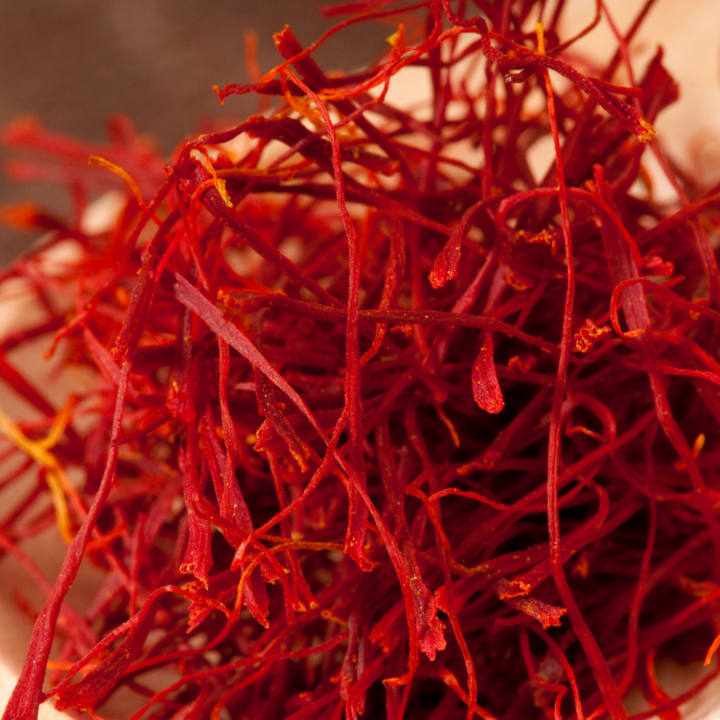Saffron & Nutritional Psychiatry

For more free webinars and articles please sign up for free at www.nutritank.com.
A recent mechanism review published in the Journal of Affective Disorders has suggested that the spice, Saffron (Crocus sativus) may help to support individuals living with depression, due to increasing levels of BDNF (brain-derived neurotrophic factor) in the hippocampus.
Philpotts et al. (2023) reported in their mechanism review that levels of BDNF fall in response to long term chronic stress, increasing risk of depression. The study reviewed some human studies, which indicate that a 30mg capsule of saffron per day was significantly more effective than placebo and as effective as antidepressant medications for improving depression.
Although saffron was observed to be generally well tolerated in the studies analysed, some minor adverse reactions were noted including drowsiness, sedation, anxiety, headache, sweating, nausea, changes in appetite, constipation, dry mouth, palpitation, and tremor. It should be noted, however, that the incidence of these effects was not significant compared to the placebo or antidepressant controls.
Mechanisms of action whereby saffron may attenuate depression appear to be via increasing hippocampal expression of BDNF, as well as due to saffron’s antioxidant, anti-inflammatory, serotonergic, and HPA-axis modulating action.
The findings are promising in terms of saffron’s applications to nutritional psychiatry, however limitations identified in the paper were lack of human studies (Philpotts et al., 2023). Therefore further research is needed among adults living with depression to extrapolate further. Moreover, further research to explore saffron within the context of other mental health conditions may also be meritied, as this is an under researched area.
You may enjoy our recent webinar on nutritional psychiatry, which is available to members. Please remember to sign up for free.
References
Philpotts, R, Gillan, Dr N, Barrow, Dr M, Seidler, Dr K. (2023).Stress-induced alterations in hippocampal BDNF in the pathophysiology of major depressive disorder and the antidepressant effect of saffron. Journal of Affective Disorders Reports, 14. https://doi.org/10.1016/j.jadr.2023.100630
